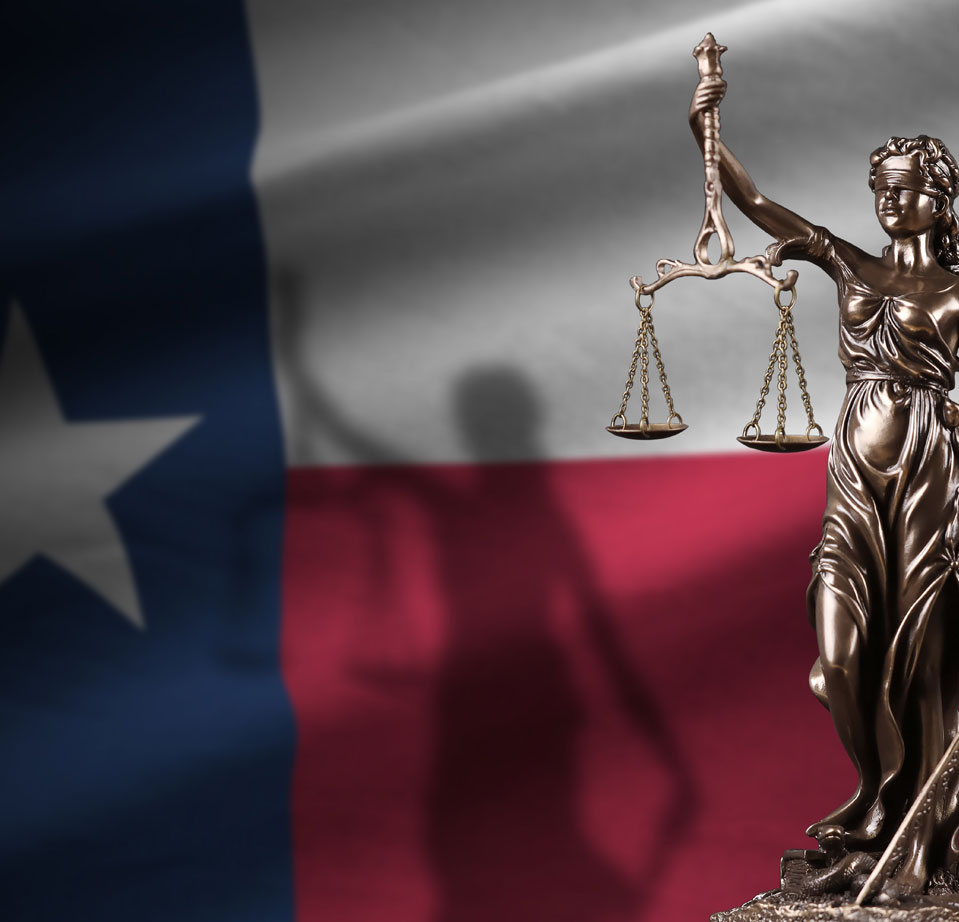Dea Pre-criminalizes Four New Synthetic Cannabinoid Drugs

Cannabinoid Drugs
Cannabinoids drugs work by activating the cannabinoid receptors on certain cells, changing the way the brain works. They share the root word with cannabis, or marijuana. With pot completely illegal in Texas and nearly half of all U.S. states, a number of synthetic cannabinoids have taken its place among some users.
When they first entered the U.S. market around 2008, these synthetics were completely legal, and some still are. They are generally labeled as herbal incense with names like “Spice,” “Genie,” “Blaze” and even “Skunk.”
Unfortunately, while natural marijuana generally isn’t dangerous, some synthetics can be. According to the American Association of Poison Control Centers, more than 2,400 people called in to report problems after using synthetic cannabinoids. And, while they were originally created for the purpose of research, scientists haven’t discovered a medical use for them.
As far as the Drug Enforcement Agency is concerned, any potentially addictive drug that could cause any harm and has no known medical use should be illegal. It probably doesn’t help that many synthetic cannabinoids don’t show up current drug tests. Whether you agree with the DEA’s assessment or not, the fact is that the agency has the authority to temporarily criminalize drugs on its own initiative. This week the agency did just that for four more cannabinoids.
Generally, what makes mere possession of a certain substance a federal drug offense is that the substance is listed on Schedule I of the Controlled Substances Act. Schedule I drugs are those that are completely banned, even by subscription. Adding new substances to Schedule I requires regulatory action. However, the DEA has the authority to do so for up to two years without regulatory approval. That is, if it believes the substance poses an “imminent hazard to the public safety.”
DEA Opinion
In the opinion of the DEA, the following substances — unfortunately identified by a string of chemical and alternative names — pose an imminent hazard. They are therefore illegal, although the official notice may not be published until Feb. 10:
- Quinolin-8-yl 1-pentyl-1H-indole-3-carboxylate (PB-22; QUPIC)
- Quinolin-8-yl 1-(5-fluoropentyl)-1H-indole-3-carboxylate (5-fluoro-PB-22 5F-PB-22)
- N-(1-amino-3-methyl-1-oxobutan-2-yl)-1-(4-fluorobenzyl)-1H-indazole-3-carboxamide (AB-FUBINACA)
- N-(1-amino-3, 3-dimethyl-1-oxobutan-2-yl)-1-pentyl-1H-indazole-3-carboxamide (ADB-PINACA)
If the federal government charges you with possessing any illegal substance, you could be facing serious, mandatory prison time. Even if the charge doesn’t seem very serious, you need an experienced federal defense attorney.
Source: Courthouse News Service, “More Cannabinoids in Drug Enforcement Agency’s Sights,” Jon Chown, Jan. 14, 2014



